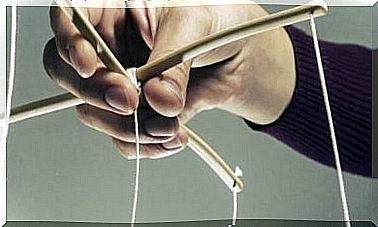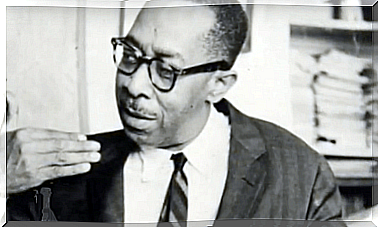What Makes A Person Smart?
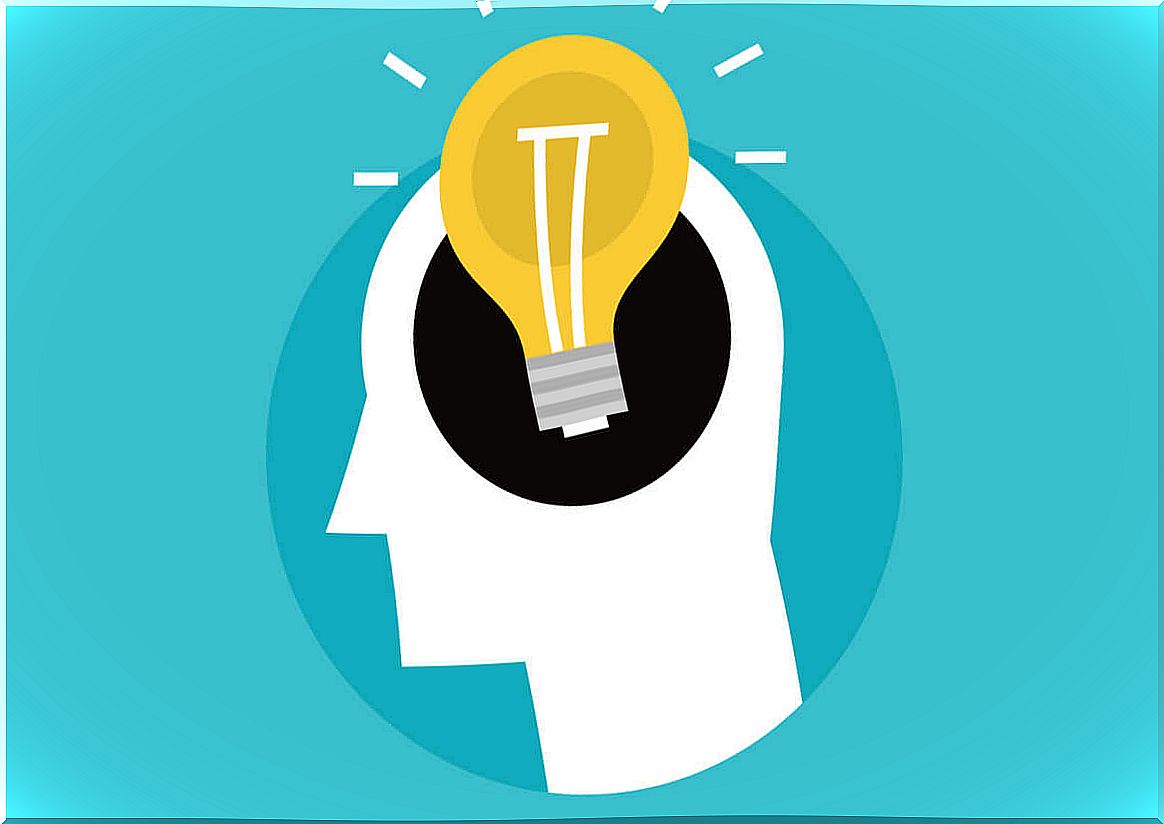
Intelligence is one of the traditional subjects within psychology. In fact, its history and development has inspired a good part of the methodology in the rest of the areas. Because yes, perhaps the main headache that the study of intelligence has brought us is its measurement. In other words, the way to determine if a person is intelligent or not – an impossible challenge if, on the other hand, we do not know what makes a person intelligent.
Definitions of the concept there are many. The number of entries that we find in the main search engines in which disparate definitions appear is a bit scary.
For some it is the art of solving problems, for others it is the art of posing them, for others it is the art of choosing when making decisions … Anyway, many arts that sound like skills in some way remind us that intelligence in the Empty, without the generation -or the potentiality of generation- of products with value makes little sense.
We are going to try to put in order the answer to what makes a person intelligent.
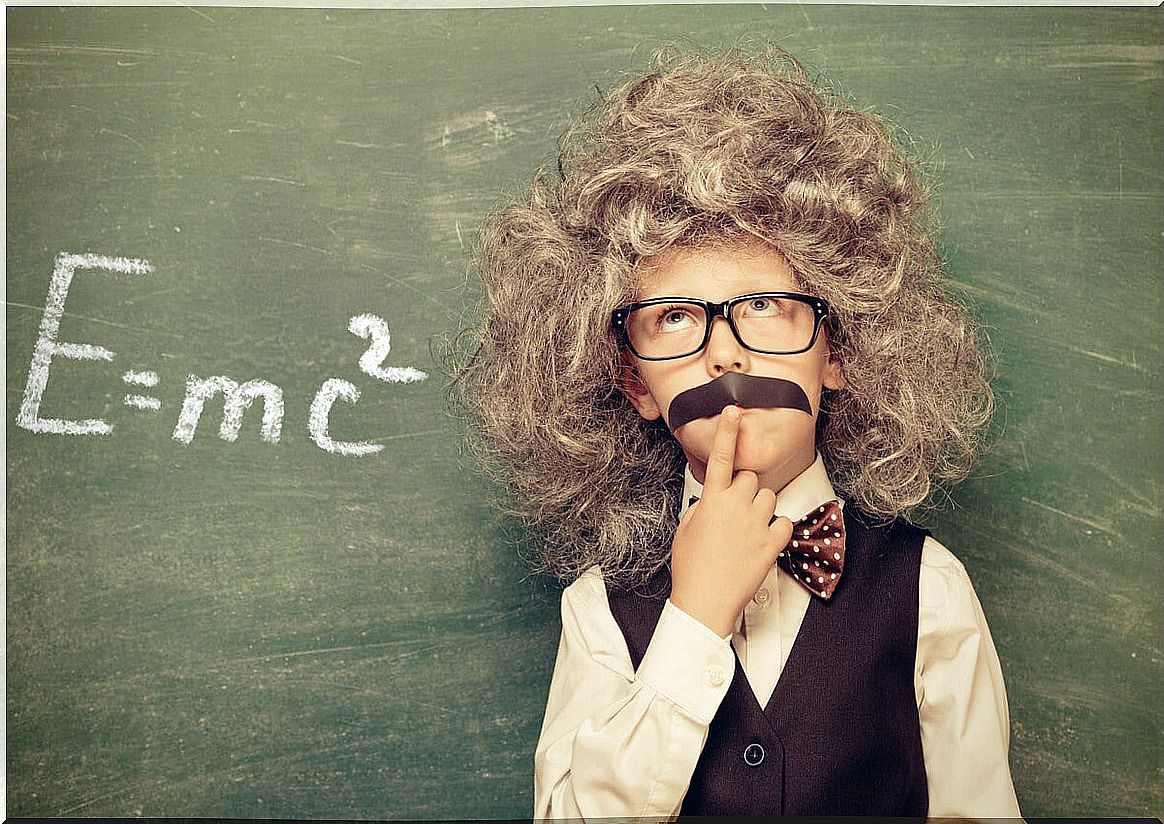
Was Einstein smarter than Mozart?
To ask ourselves this question is to somehow confront music lovers with lovers of physics. Why? Because at least we grant intelligence “doubt” to those who show ingenuity to make us enjoy … or suffer, because in the understanding of genius as a rule there is a certain amount of pain or effort.
On the other hand, there are many who argue that we should approach the concept of intelligence from a social perspective ; from our need to relate and the advantages that we can obtain -for ourselves, the immediate environment or society if we do well in this sense-
For example, if we look at primates, we will realize that the complex social environment has stimulated them to be able to deceive, perform behaviors that we could describe as altruism. There is even an open debate about whether you have a “theory of mind” – a sense of self as a unique individual separate from others in the group (Gallup, 1982; Hauser, MacNeilage & Ware, 1996).
When we speak of intelligence, as a rule we refer to intellectual capacity. By being able to learn, remember and use new information, solve problems and adapt to new situations. In the beginning of his study, we find such illustrious names as those of Charles Spearman or Francis Galton.
However, if there is one that stands out above the others, it is Binet’s. The context in which he developed his work was educational and his interest in studying intelligence was to improve the educational system, seeking how to intervene in children who presented more learning difficulties.
Together with his colleague, Theodore Simon, Binet designed a test to try to measure the intellectual ability of children. To do this, they created individual test items that should be answered by children based on their age. For example, a three-year-old should be able to point to his mouth and eyes, a nine-year-old should be able to name the months of the year in order, and a twelve-year-old should be able to name sixty words in three minutes. His assessment became the first “IQ test.”
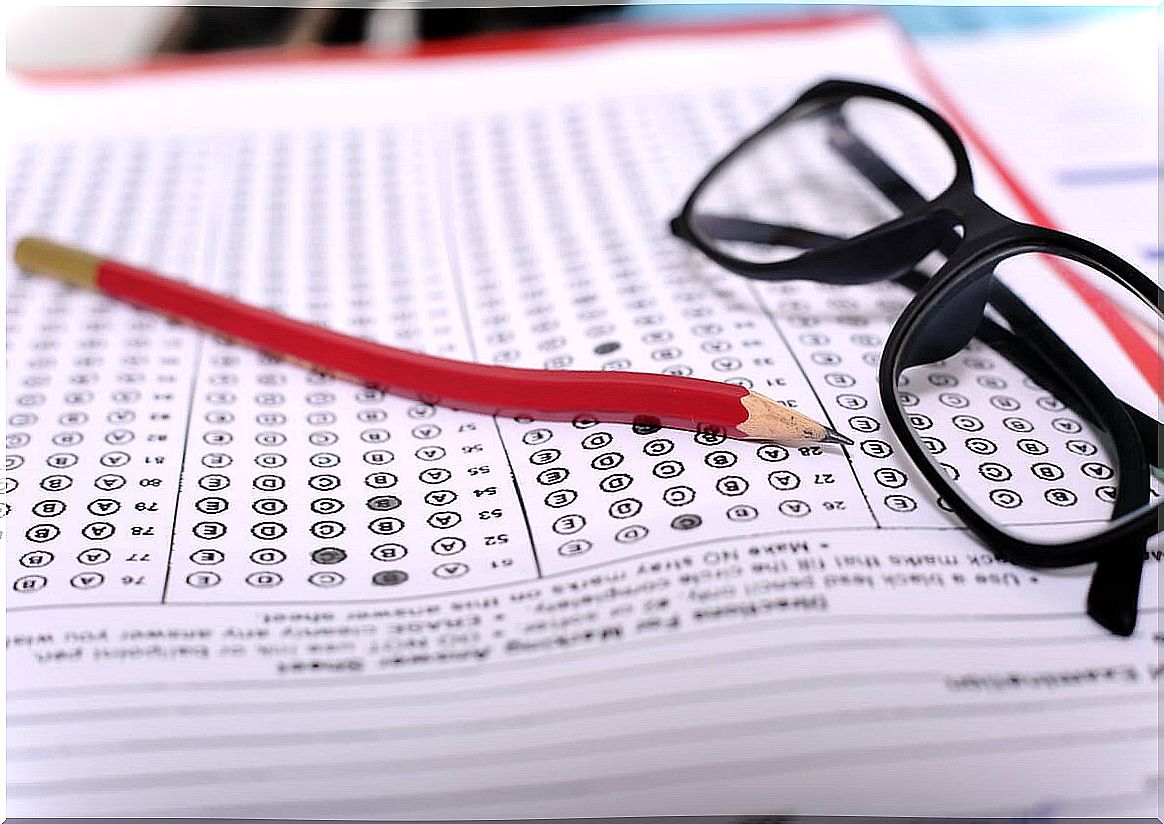
What makes a person smart?
Aristotle has gone down in history through different milestones. Perhaps one of the most important is the design of a method to produce knowledge. We talk about the mayeutica. Whoever wants to use it needs a very special skill: to be skilled in the art of asking questions.
By pulling on this same thread, we have seen that science advances when it is able to ask itself important questions – before obtaining relevant answers. Thus, perhaps the most primary sign of intelligence has a lot to do with the generation of questions.
On the other hand, a person skilled in solving logical problems has traditionally been considered intelligent. Mathematics, because of its facility for abstraction and for isolating certain cultural variables, has perhaps been the preferred field for testing evidence. On the other hand, perhaps the most inspiring and inclusive of modern theory has been Gardner’s.
Gardner’s theory is based on the idea that people process information through different independent – or partially independent – “channels”. He has identified 8 common intelligences that include 1) logical math, 2) visual-spatial, 3) musical rhythm, 4) verbal-linguistic, 5) bodily-kinesthetic, 6) interpersonal, 7) intrapersonal, and 8) naturalistic. This idea is very interesting. From it, the trend has emerged that is committed to adapting the way in which information is presented, individually, to enhance learning.
On the other hand, positive psychology has broadened the answer to what makes a person intelligent by highlighting the value of emotional intelligence. This current is opposed to the idea that emotions, or emotionality and associated intuition, is an enemy of intelligence. What’s more, it defends that someone intelligent is capable of managing their emotions correctly, listening to the associated message and choosing the best way to channel their energy.




